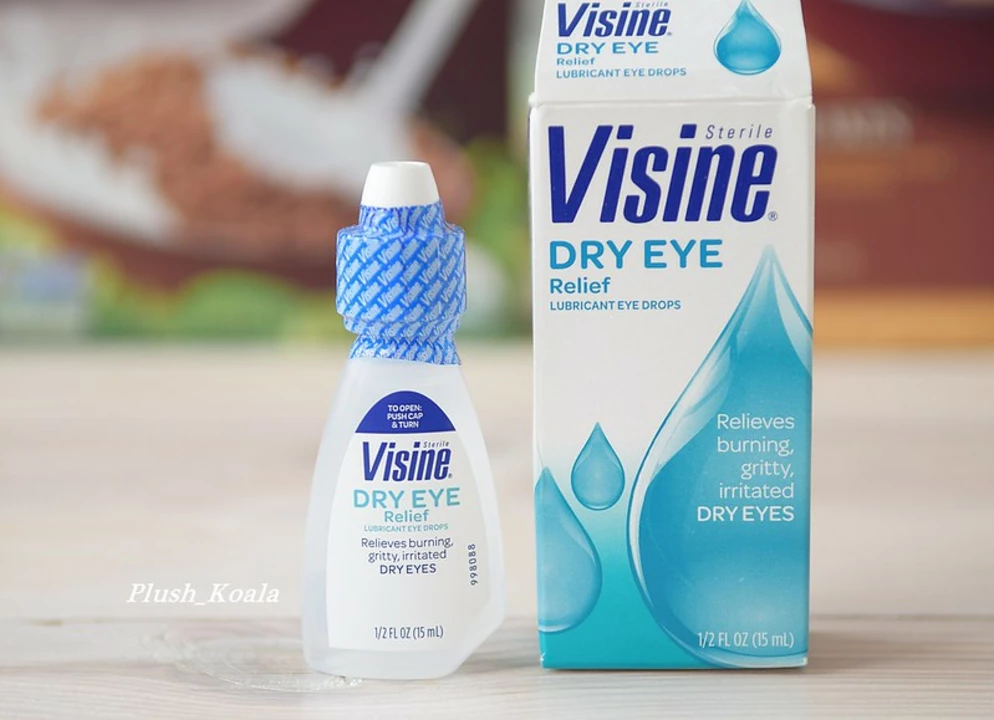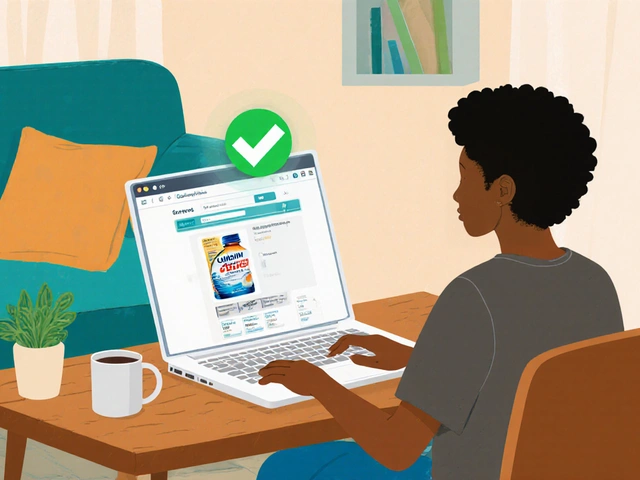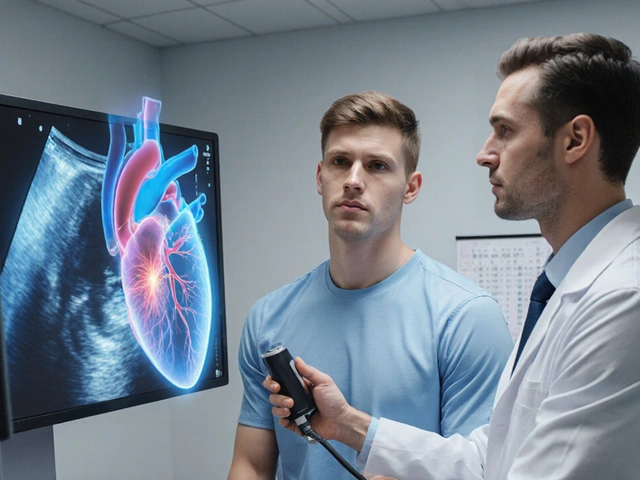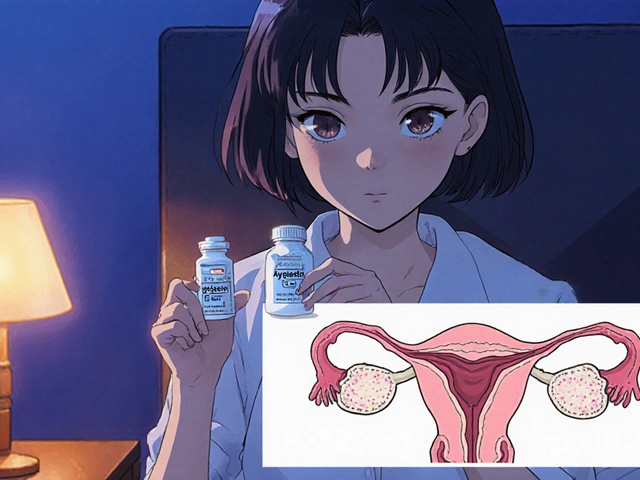Understanding Eye Inflammation
Before diving into the world of eye drops, it's essential to understand what eye inflammation is and how it affects our eyes. Eye inflammation, also known as conjunctivitis or pink eye, occurs when the thin, transparent layer covering the white part of our eye (the conjunctiva) becomes irritated or infected. This can lead to redness, swelling, itching, and discharge from the eye. There are several causes of eye inflammation, including allergies, bacterial or viral infections, and exposure to irritants like smoke or chemicals.
Types of Eye Drops for Inflammation Relief
There are various types of eye drops available in the market, each targeting different aspects of eye inflammation. Some of the most common types of eye drops include:
Artificial tears
Artificial tears are lubricating eye drops that help relieve dryness and irritation caused by inflammation. They work by mimicking the natural tear film, providing moisture and comfort to the eye. These eye drops are available over-the-counter (OTC) and can be used as needed for temporary relief.
Antihistamines
If your eye inflammation is caused by allergies, antihistamine eye drops can help alleviate the symptoms. These drops work by blocking the release of histamine, a chemical responsible for the allergic reaction. Antihistamine eye drops can reduce itching, redness, and swelling associated with eye allergies.
Decongestants
Decongestant eye drops help reduce redness by constricting the blood vessels in the eye. These drops can provide quick relief from redness but should not be used for more than a few days at a time, as prolonged use can cause rebound redness and worsen the inflammation.
Prescription Eye Drops for Inflammation Relief
In some cases, over-the-counter eye drops may not be enough to effectively treat eye inflammation. In these instances, your doctor may prescribe stronger eye drops to help alleviate your symptoms. Some of the most common prescription eye drops for inflammation relief include:
Steroids
Steroid eye drops are powerful anti-inflammatory medications that can help reduce swelling, redness, and itching. They are typically prescribed for severe cases of eye inflammation or when other treatments have not been effective. However, steroid eye drops should be used with caution, as they can cause side effects such as increased eye pressure and cataract formation if used long-term.
Antibiotics
If your eye inflammation is caused by a bacterial infection, your doctor may prescribe antibiotic eye drops to treat the underlying cause. These drops work by killing or inhibiting the growth of bacteria, helping to resolve the infection and alleviate symptoms.
Antivirals
For cases of viral conjunctivitis, antiviral eye drops may be prescribed to help treat the infection. These medications work by inhibiting the replication of the virus, eventually helping to clear the infection and reduce inflammation.
How to Use Eye Drops Correctly
Properly using eye drops is crucial for effective relief from inflammation. Here are some steps to follow when using eye drops:
- Wash your hands thoroughly before touching your eyes or the eye drop bottle.
- Gently shake the bottle if required.
- Tilt your head back slightly and look up.
- Use your non-dominant hand to gently pull down your lower eyelid, creating a small pocket for the eye drop.
- Hold the bottle above your eye with your dominant hand, being careful not to touch your eye or eyelid with the dropper tip.
- Squeeze the bottle gently to release one drop into the pocket you created with your lower eyelid.
- Close your eye and gently press your finger to the inner corner of your eye for a few seconds to prevent the drop from draining out.
- Repeat the process for the other eye if needed.
Precautions and Potential Side Effects
While eye drops can provide relief from inflammation, it's essential to be aware of any precautions and potential side effects associated with their use. Some general precautions include:
- Always follow the instructions on the packaging or as directed by your doctor.
- Do not use eye drops that have expired or appear contaminated.
- Never share eye drops with others, as this can spread infection.
- Consult your doctor if your symptoms worsen or do not improve after using eye drops.
Some potential side effects of eye drops include:
- Temporary stinging or burning upon application.
- Blurred vision.
- Increased sensitivity to light.
- Eye irritation or redness that worsens or does not improve.
If you experience any severe or persistent side effects, discontinue use and consult your doctor immediately.
Consulting Your Doctor or Pharmacist
When choosing the right eye drops for inflammation relief, it's essential to consult your doctor or pharmacist for personalized advice. They can help determine the underlying cause of your eye inflammation and recommend the most appropriate eye drops for your specific needs. Additionally, they can guide you on proper usage, precautions, and potential side effects to ensure you get the most effective relief possible.





Geoff Colbourne
May 14, 2023 AT 05:03Also, why do they always make you tilt your head back? I just lie down and drop it in. No mess, no fuss.
Lenard Trevino
May 16, 2023 AT 03:48Here's the truth nobody tells you: most eye inflammation isn't from allergens or bacteria - it's from screen glare. Your phone is slowly turning your eyeballs into cracked porcelain. I started wearing blue light glasses at 3 PM and now I don't even need drops. I just stare into the void and let my soul hydrate.
Also, don't trust doctors. They're paid by Big Pharma to sell you drops that make your pressure go up so they can sell you more drops to fix the drops. It's a cycle. A beautiful, terrifying cycle.
Paul Maxben
May 17, 2023 AT 10:08Molly Britt
May 18, 2023 AT 10:34Nick Cd
May 19, 2023 AT 03:53Patricia Roberts
May 19, 2023 AT 18:48I love how we treat our eyes like they're fragile porcelain dolls that need a 12-step program to survive a single day of modern life.
Next they'll sell us 'emotional tear supplements' to cope with Zoom fatigue.
Adrian Clark
May 21, 2023 AT 17:07Back in the 90s, you'd get a bad day, sit on the couch, and let the tears roll. Now? You pop a decongestant drop like it's a candy. We've turned healing into a consumer product.
I haven't used eye drops in 8 years. I just stare at the ceiling and let the universe do its thing. My eyes are clearer than ever. Coincidence? I think not.
Rob Giuffria
May 22, 2023 AT 04:48You’re not sleeping. You’re eating processed food. You’re scrolling until 2 a.m. You’re avoiding therapy.
No drop is going to fix the fact that your soul is dehydrated.
I stopped using eye drops after I started journaling. My eyes cleared up. Not because of chemistry. Because I finally faced the fact that I’m emotionally constipated.
Barnabas Lautenschlage
May 22, 2023 AT 15:37I'd add that if you're using drops more than 3-4 times a week for more than a few weeks, it's worth getting a full eye exam. Sometimes what feels like inflammation is actually early dry eye syndrome, or even a mild corneal abrasion you didn't notice.
Also, storing eye drops in the fridge? Some people swear by it, especially for allergies. The coolness can soothe swelling. Just make sure the bottle's sealed and you don't let it freeze.
And yeah, washing hands before application? Non-negotiable. I once used a drop after petting my dog and ended up with a bacterial infection. Not fun. My dog's fine, but I cried for three days.
Alice Minium
May 23, 2023 AT 02:45Stephen Maweu
May 23, 2023 AT 07:13Also - don't skip the part where you press your inner corner. That keeps the drop from draining into your nose and throat, which means less systemic absorption and fewer side effects.
And if you're using multiple drops? Wait at least 5 minutes between them. Otherwise, the second one just washes the first out. Simple but overlooked.
anil kharat
May 23, 2023 AT 14:44Keith Terrazas
May 25, 2023 AT 01:35Blue light exposure after 8 PM suppresses melatonin, which downregulates tear production and increases corneal epithelial permeability.
Furthermore, the use of antihistamines in non-allergic inflammation may induce paradoxical dryness due to anticholinergic effects.
The recommendation to 'consult your doctor' is appropriate, but insufficient. One must also consult the literature - not just the pharmacy aisle.
Matt Gonzales
May 25, 2023 AT 14:04Switched to preservative-free artificial tears and now I can actually see my phone without my eyes screaming. Also, the hand-washing thing? Game changer. I used to wipe my hands on my jeans and then touch my eyes… yeah. Not cool. 🤦♂️
Pro tip: Keep drops in the fridge in summer. It’s like a mini spa for your eyeballs 💆♀️✨
Richard Poineau
May 26, 2023 AT 02:36Angie Romera
May 27, 2023 AT 06:23Jay Williams
May 28, 2023 AT 01:57Also, if you wear contacts, always remove them before applying drops unless the label says ‘safe for use with contacts.’ Many preservatives in drops can bind to lenses and cause long-term irritation.
And for the love of all that is holy - never, ever use eye drops past their expiration date. Even if they look fine. Bacteria can grow invisibly. Your cornea isn’t worth the gamble.
Geoff Colbourne
May 29, 2023 AT 15:38I’ve been doing that since 2019. My eyes are basically my third child.